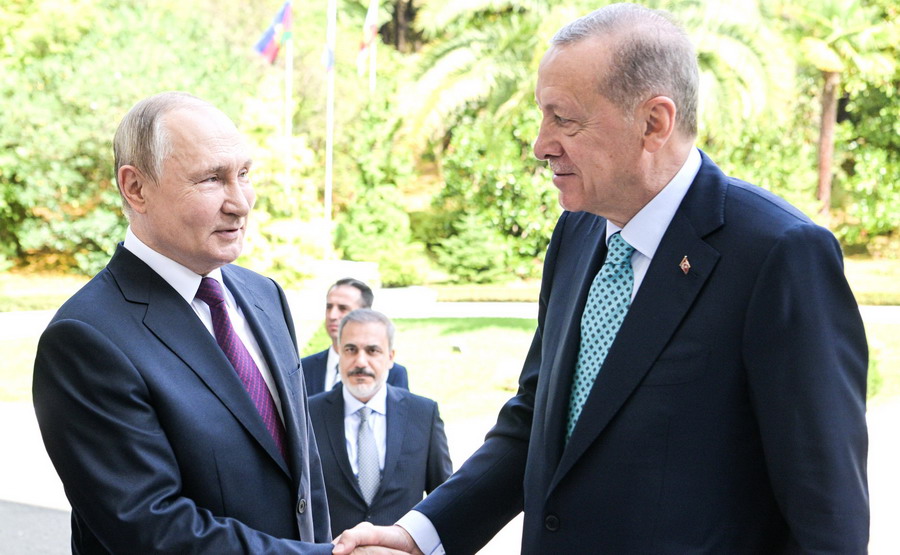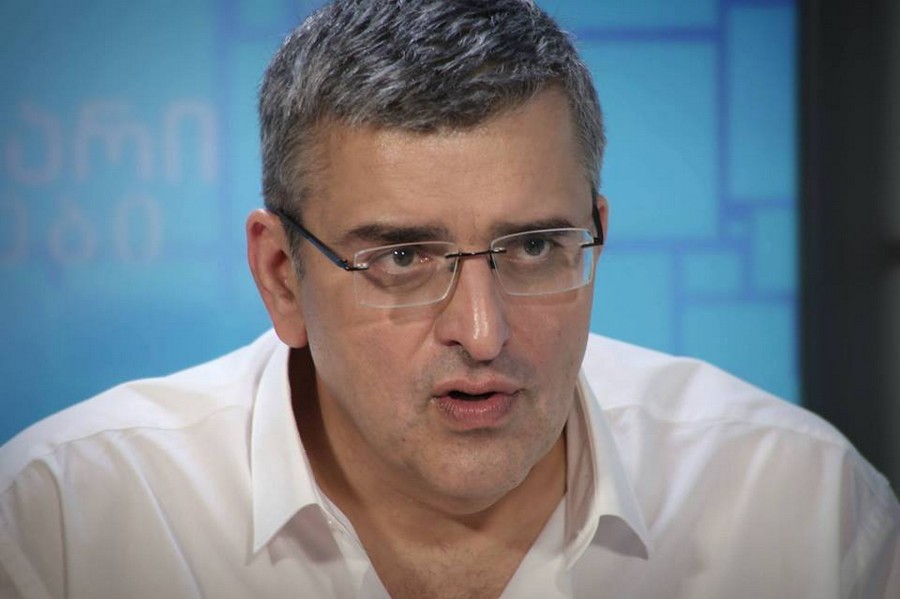Aravot interlocutor is Gela Vasadze, a political scientist and Editor-in-chief of Tbilisi’s Black Sea Press agency.
– Mr. Vasadze, the situation in Nagorno-Karabakh is getting worse daily: a humanitarian disaster, a difficult military-political situation. Don’t you think Azerbaijan will not open the Lachin Corridor and will not fulfill the decision of The Hague Court until sanctions are imposed on it?
– Let’s be realistic. Today, no country can put pressure and, even more so, impose sanctions on Azerbaijan on the issue of Karabakh. As long as Azerbaijan operates within its internationally recognized borders, there are few chances that sanctions will be applied.
Read also
But even if someone applies sanctions against Azerbaijan, it can be challenging to imagine that they will somehow affect Baku’s plans to establish its sovereignty in Karabakh. Talks about sanctions against Azerbaijan are more for mass media and alarming statements, and no more.
– What effect do the situation in Nagorno Karabakh and the Karabakh conflict have on Georgia? How can Georgia influence the situation in Nagorno-Karabakh?
– Georgia is affected by the ongoing war between Armenia and Azerbaijan. The fact that the war is not in a hot phase does not mean that the war is not continuing on other fronts: diplomatic, informational, etc. And Georgia cannot influence Azerbaijan.
– In your opinion, what effect do Russian-Turkish relations have on security in the South Caucasus?
– Russian-Turkish relations have a decisive role in the region because these two countries are the only ones on the ground. Iran can also be added here, but Iran is only showing attempts to enter the region so far. It is clear that since Russia is weakening, and this process is inevitable and already underway, Turkey will try to occupy the geopolitical vacuum in the region. How will it happen, through agreements or confrontation? There will likely be both. Because the interests of Russia and Turkey intersect not only in our region, the parties will try to reach an agreement.
– There are accumulations of Azerbaijani military forces along the Armenian-Azerbaijani border, along the contact line of Artsakh. Azerbaijani users have been sharing footage of the active movement of Azerbaijani military equipment and military mobilization on the Internet for several days. Is Baku preparing for a new war or showing its muscles?
– The risk of a new escalation is relatively high. But it should be remembered that it is not for nothing that says “war is the last argument of the kings.” It is the most extreme of all options and far from the best. Therefore, as long as there are options to reach an agreement, it is unlikely that active military operations will begin at the level of 2020. Another thing is that we need to know the internal situation and arrangements because not only Armenia and Azerbaijan participate in this conflict.
– In your opinion, has Russia’s policy towards Armenia changed? What do the recent events testify to, particularly the abduction of Armenians by Azerbaijanis from the Lachin Corridor in the presence of Russian peacekeepers?
– Russia’s policy towards Armenia has changed based on entirely objective circumstances: the Ukrainian war. Russia has fewer and fewer resources to remain a decisive force in the region, and Moscow is increasingly forced to consider the interests of other players. Here is an objective reality.
Tatev HARUTYUNYAN
“Aravot” daily, 14.09.2023

























































